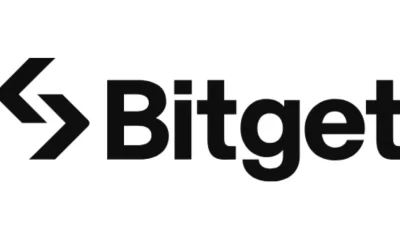Major automotive giants Ford and Toyota are significantly ramping up their investments in blockchain technology as progress in driverless car development appears to stall. Both companies are exploring the potential of blockchain to enhance various aspects of their operations, from supply chain management to vehicle security.
The decision to deepen their commitment to blockchain comes as the anticipated advancements in autonomous vehicle technology have faced unexpected delays and technical hurdles. Industry experts have noted that while the initial excitement around driverless cars was high, recent developments have not met the ambitious timelines initially projected.
Ford and Toyota’s increased focus on blockchain reflects a strategic shift towards leveraging digital ledger technology to address some of the inefficiencies and vulnerabilities in their current systems. For Ford, the integration of blockchain aims to improve transparency and traceability within its supply chain, potentially reducing costs and mitigating risks associated with parts and materials.
Similarly, Toyota is exploring blockchain applications to enhance vehicle data management and security. The company believes that blockchain can offer robust solutions for protecting sensitive information and verifying the authenticity of parts, which is crucial in maintaining the integrity of their vehicles and operations.
Both automakers view blockchain as a transformative technology that can provide long-term benefits beyond the immediate challenges facing driverless car development. The technology’s decentralized nature offers significant advantages in terms of security, efficiency, and data management, which are increasingly critical as vehicles become more connected and complex.
While the shift towards blockchain represents a significant pivot for Ford and Toyota, it also underscores the broader industry trend of exploring alternative technologies to complement or enhance existing innovations. As the automotive sector continues to navigate the evolving landscape of technology and regulation, these investments in blockchain signal a strategic move to stay ahead of potential disruptions and capitalize on new opportunities.
As the automotive world watches closely, Ford and Toyota’s blockchain initiatives could set a precedent for how traditional manufacturers adapt to technological shifts and challenges. The outcomes of these efforts may well influence the future direction of both blockchain applications and the broader automotive industry.

 Business4 days ago
Business4 days ago
 Business3 days ago
Business3 days ago
 Business3 days ago
Business3 days ago
 Business3 days ago
Business3 days ago
 Business5 days ago
Business5 days ago
 Business1 week ago
Business1 week ago
 Business4 days ago
Business4 days ago
 Business3 days ago
Business3 days ago

















